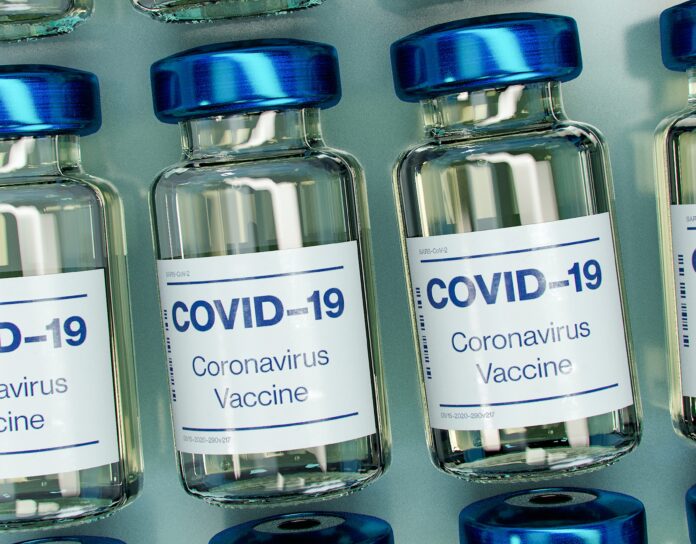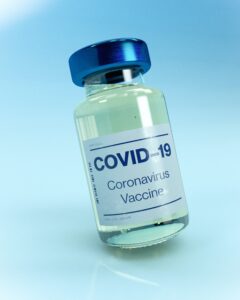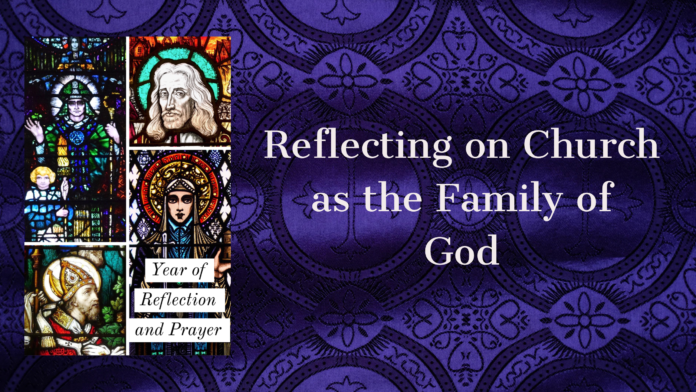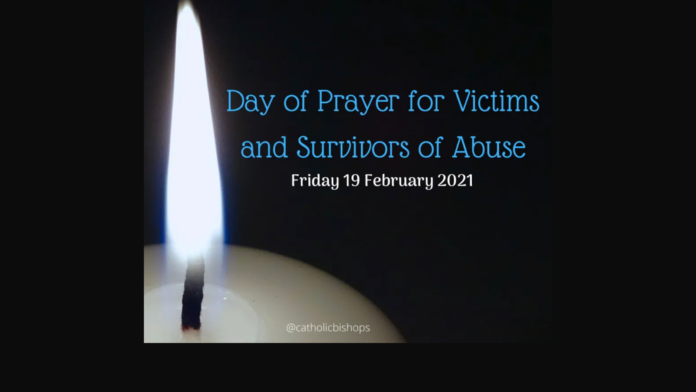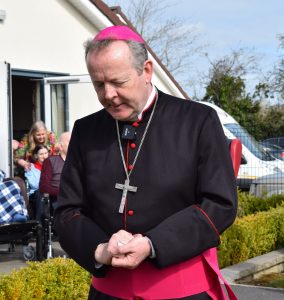Northern Catholic Bishops oppose introduction of abortion services
Statement by the Northern Catholic Bishops regarding the intention of the Secretary of State for Northern Ireland to introduce extreme and discriminatory abortion services to Northern Ireland
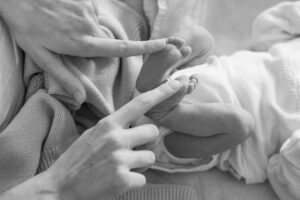
- “What Westminster seeks to impose, against the clear will of a majority of people here, is a law which blatantly undermines the right to life of unborn children and promotes an abhorrent and indefensible prejudice against persons with disabilities, even before they are born… This is not a time for silence or strategic opting out.” – Northern Bishops
- “We call on all local MLA’s and political parties to speak out against the extreme and profoundly discriminatory nature of these abortion regulations” – Northern Bishops
Statement
We are deeply concerned by the announcement that the Secretary of State for Northern Ireland intends to bypass the NI Assembly to force the Minister for Health here to commission some of the most extreme and liberal abortion services on these islands.
This is the latest in a line of unilateral interventions by the current Westminster Government to portray a reckless disregard for the fragile checks and balances of the international peace settlement between these islands. Such a development should be a matter of grave concern for anyone who upholds the principle of devolution at the heart of the Good Friday (Belfast) Agreement.
As we have said before, in this context, the equal right to life of every mother and her unborn baby must always be upheld and protected. An important mark of any humane and compassionate society is our ability to work through difficult challenges in a way which is life affirming, not life destroying. As followers of Jesus, we believe that as a human family we have the capacity to love and care for one another, especially for mothers facing crisis in pregnancy, in a way that does not involve bringing about the death and destruction of vulnerable children in the womb. The abortion regulations introduced by Westminster, against the will of the majority of people here, are predicated on the assumption that the unborn child in the womb has no right to love, care and protection from society, unless the child is wanted. None of us acquire our humanity, or our fundamental right to existence, on the basis of whether or not we are wanted.
What Westminster seeks to impose, against the clear will of a majority of people here, is a law which blatantly undermines the right to life of unborn children and promotes an abhorrent and indefensible prejudice against persons with disabilities, even before they are born.
We call on all local MLA’s and political parties to speak out against the extreme and profoundly discriminatory nature of these abortion regulations, which the Secretary of State seeks to impose over their heads. This is not a time for silence or strategic opting out. We ask you, as our locally elected representatives, not to meekly acquiesce in this effort to bypass internationally agreed devolved structures. We appeal to you to publicly defend the rights of all children in the womb to be treated equally and to have their right and that of their mothers to love, care and protection by our society respected and upheld.
We, the Catholic Bishops of Northern Ireland, remain committed to working with all sectors of society, so that a culture of life and care becomes a reality for all.



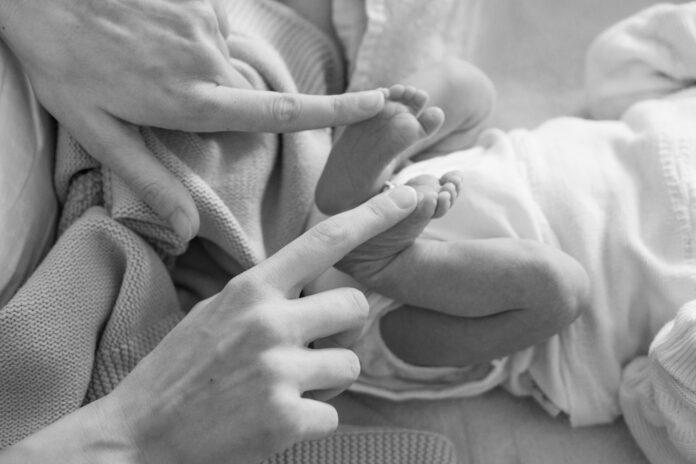
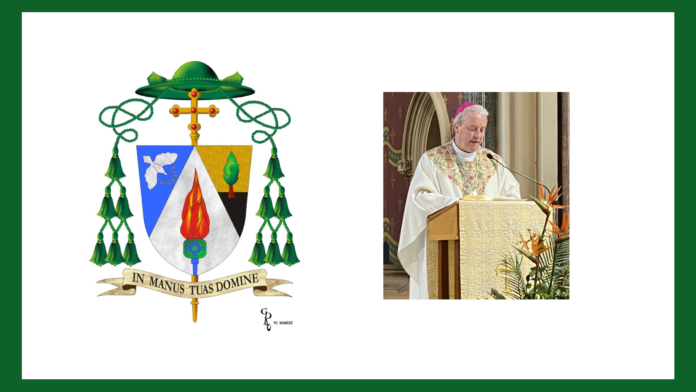
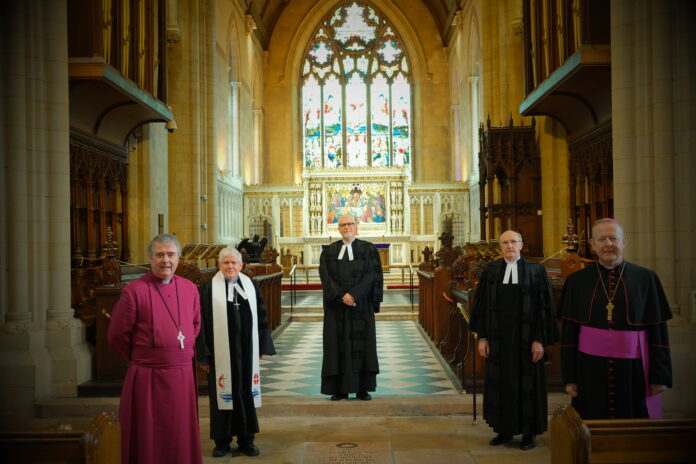
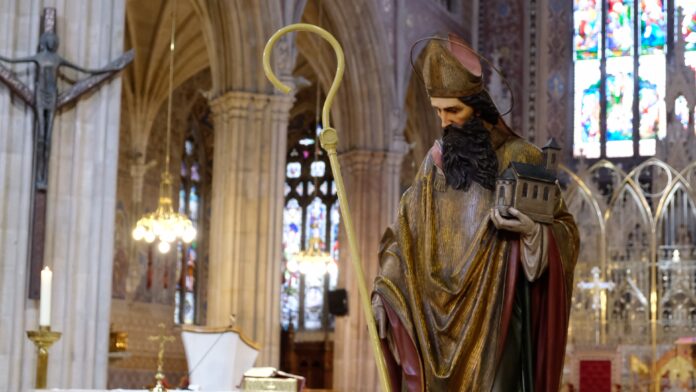
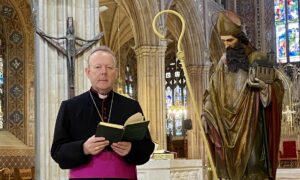
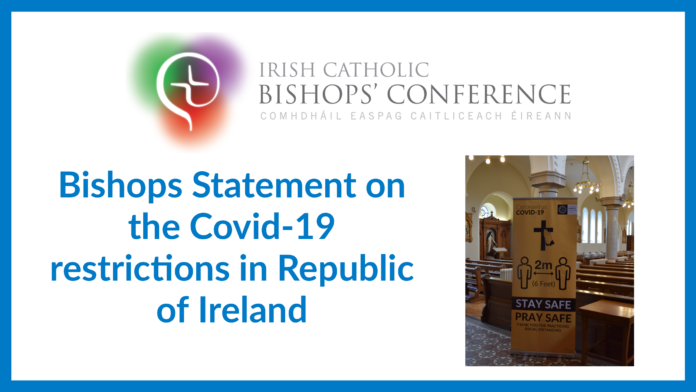
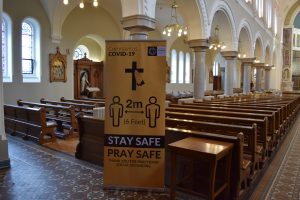 Statement released on the second day of the Spring General Meeting of the Irish Bishops’ Conference
Statement released on the second day of the Spring General Meeting of the Irish Bishops’ Conference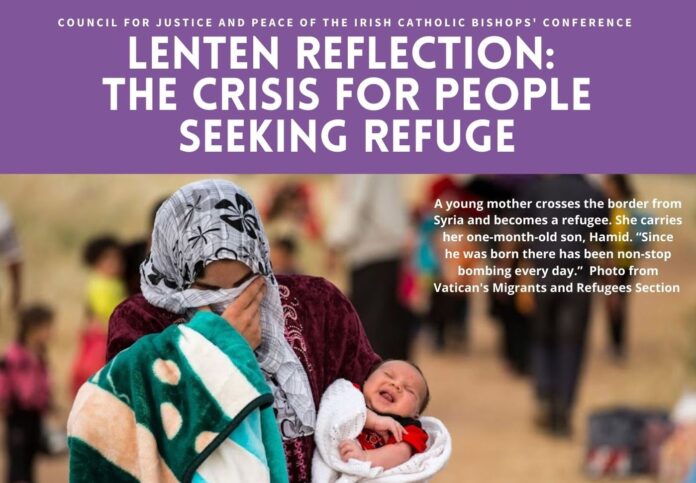
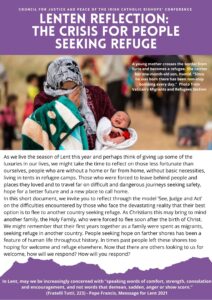
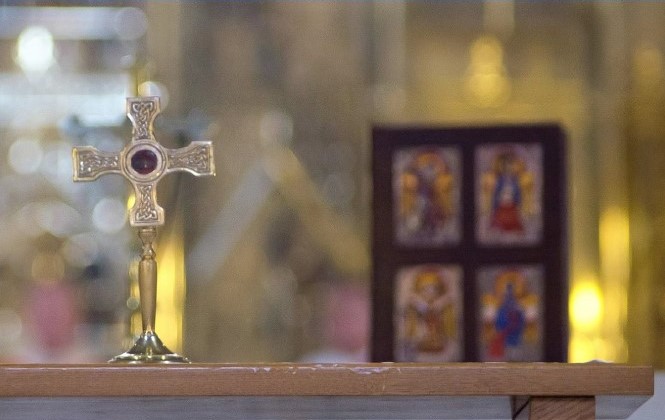
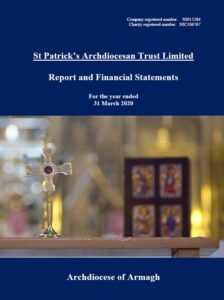 The Annual General Meeting of St Patrick’s Archdiocesan Trust Limited (Trust) was held by Zoom conference on Wednesday 3rd March 2021, in which the audited Annual Report and Financial Statements to 31st March 2021 was presented. Presenting at the meeting were Archbishop Eamon Martin (Director of the Trust), Mr John McVey (Secretary to the Trust) and Mrs Roisin Traynor (Audit Manager – Cavanagh Kelly Accountants).
The Annual General Meeting of St Patrick’s Archdiocesan Trust Limited (Trust) was held by Zoom conference on Wednesday 3rd March 2021, in which the audited Annual Report and Financial Statements to 31st March 2021 was presented. Presenting at the meeting were Archbishop Eamon Martin (Director of the Trust), Mr John McVey (Secretary to the Trust) and Mrs Roisin Traynor (Audit Manager – Cavanagh Kelly Accountants).